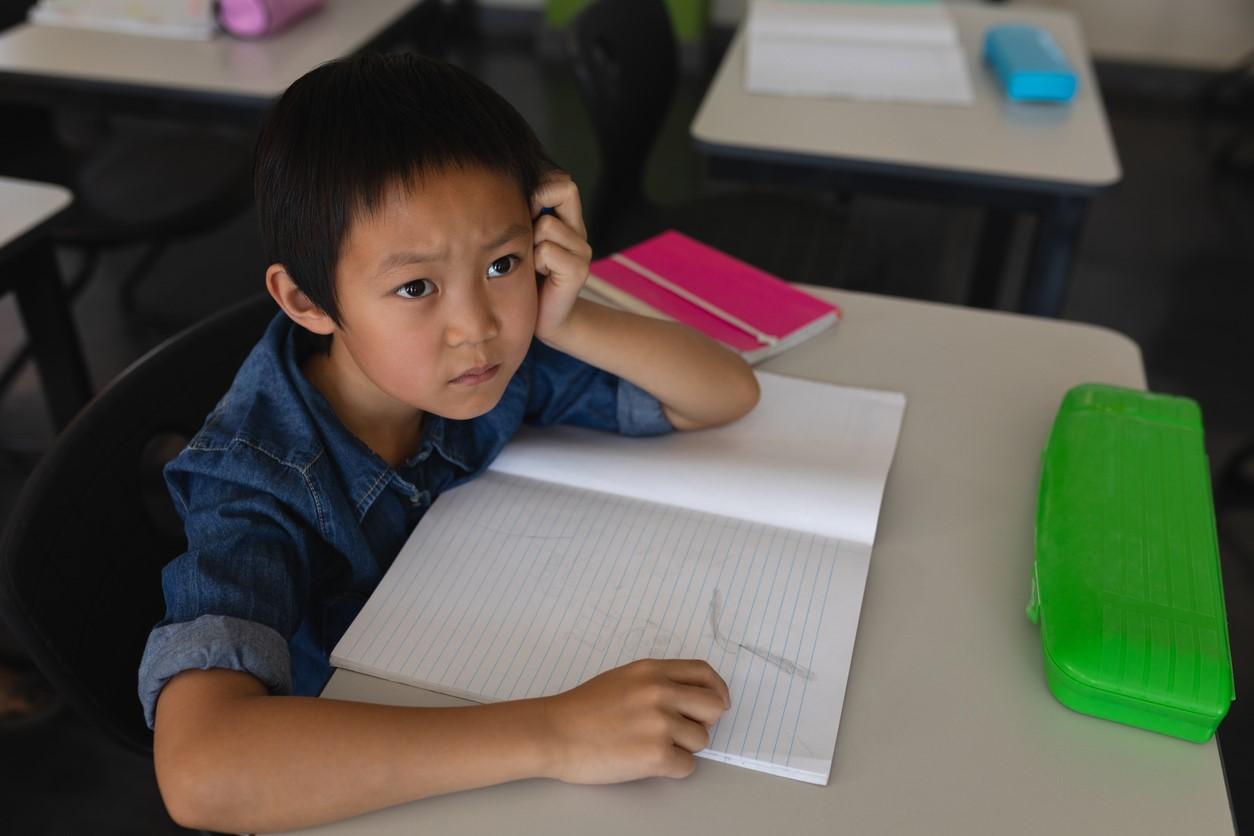A meta-analysis of 42 studies in 15 high- and middle-income countries identifies persistent COVID-related pandemic learning deficits in children equivalent to roughly 35% of a school year.
In the meta-analysis, published yesterday in Nature Human Behaviour, University of Oxford researchers examined 42 studies on pandemic-related learning delays and losses in Africa, the Americas, Australia, and Europe from the start of school pandemic-related disruptions until August 2022.
Poorer children especially at risk
The pooled effect from all studies was d=-0.14, compared with 0.4 for an average school year. "Thus, the overall effect of d=-0.14 suggests that students lost out on 0.14/0.4, or about 35%, of a school year’s worth of learning," the researchers wrote.
Deficits were more pronounced in math than in reading, perhaps because progress in math depends more on formal instruction. And inequities widened in learning outcomes in children of lower socioeconomic backgrounds, possibly because schools in poorer countries were closed longer and had fewer resources to support distance learning.
The study authors said children from poorer backgrounds "are likely to be disadvantaged with respect to their access and ability to use digital learning technology, the quality of their home learning environment, the learning support they receive from teachers and parents, and their ability to study autonomously," they said.
While older children may have been expected to have fewer learning deficits than younger children because they are more independent and better able to navigate a sudden change in learning mode, the researchers said that this was not the case.
"Older students were subject to longer school closures in some countries, such as Denmark, based partly on the assumption that they would be better able to learn from home," they wrote. "This may have offset any advantage that older children would otherwise have had in learning remotely."
The authors said that while it may seem as though children should have recouped their lost learning in the intervening 2.5 years in the study period, previous research on teacher strikes in Belgium and Argentina and World War II disruptions in Germany suggests otherwise.
Older students were subject to longer school closures in some countries, such as Denmark, based partly on the assumption that they would be better able to learn from home. This may have offset any advantage that older children would otherwise have had in learning remotely.
"Efforts by children, parents, teachers and policy-makers to adjust to the changed circumstance have been successful in preventing further learning deficits but so far have been unable to reverse them," they wrote.
Deficits could limit job, life prospects
The researchers called the COVID-19 pandemic "one of the largest disruptions to learning in history," due to school closures, remote and hybrid learning, illness, and quarantine. Disruptions also affected out-of-school learning, physical and mental health, and the ability to play, socialize, and participate in extracurricular activities.
"Children's wellbeing and family relationships have also suffered due to economic uncertainties and conflicting demands of work, care, and learning," they wrote. "These negative consequences can be expected to be most pronounced for children from low socio-economic family backgrounds, exacerbating pre-existing educational inequalities."
These challenges, the authors added, are likely to affect children's life opportunities and their job prospects. "At the societal level, it can have important implications for growth, prosperity, and social cohesion," they wrote.
The researchers called for continued monitoring of learning progress of schoolchildren in different countries—particularly those with low incomes—and to look for ways to support children who have fallen behind. "Potential avenues include the use of the often extensive summer holidays to offer summer schools and learning camps, extending school days and school weeks, and organizing and scaling up tutoring programmes," they wrote.




















